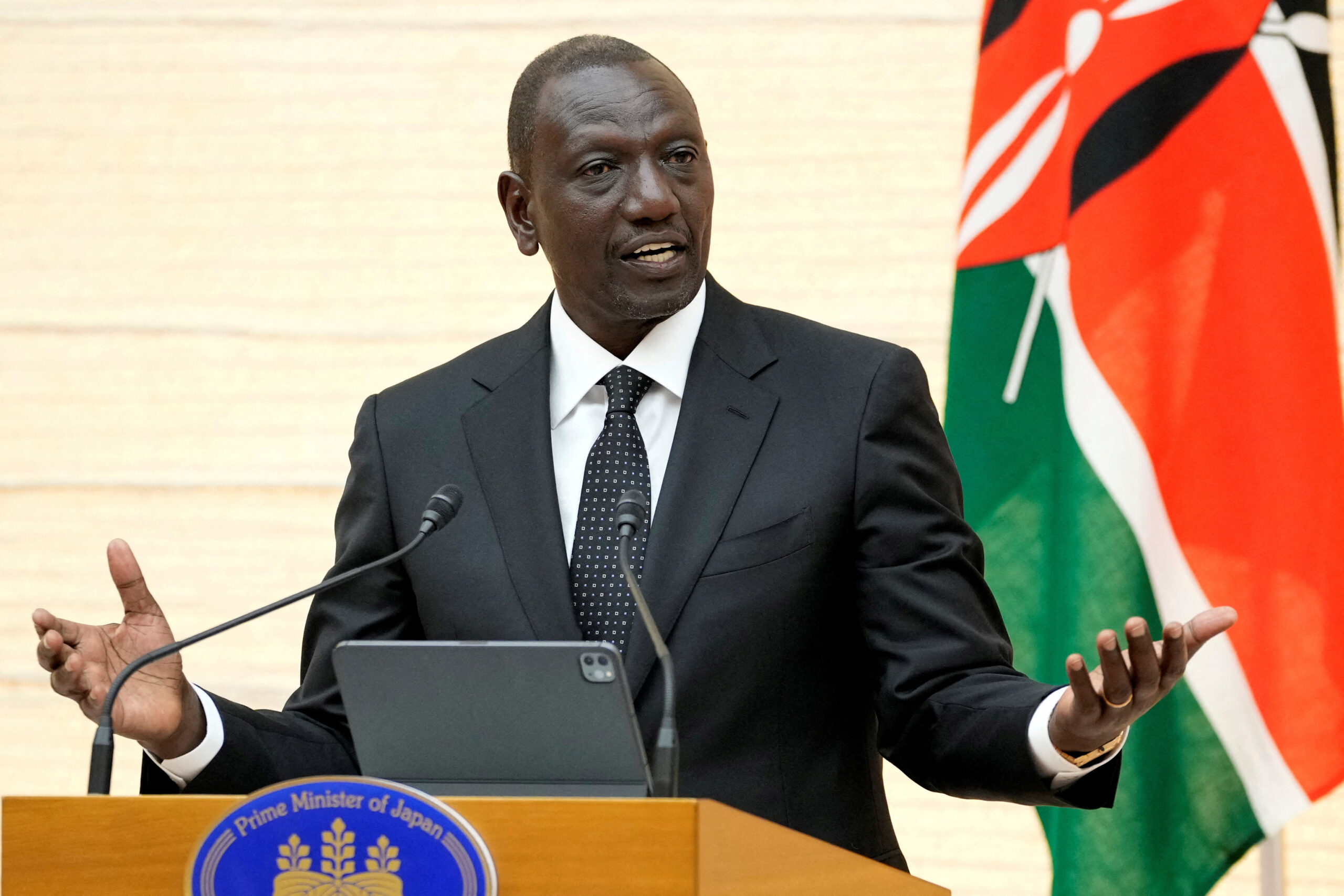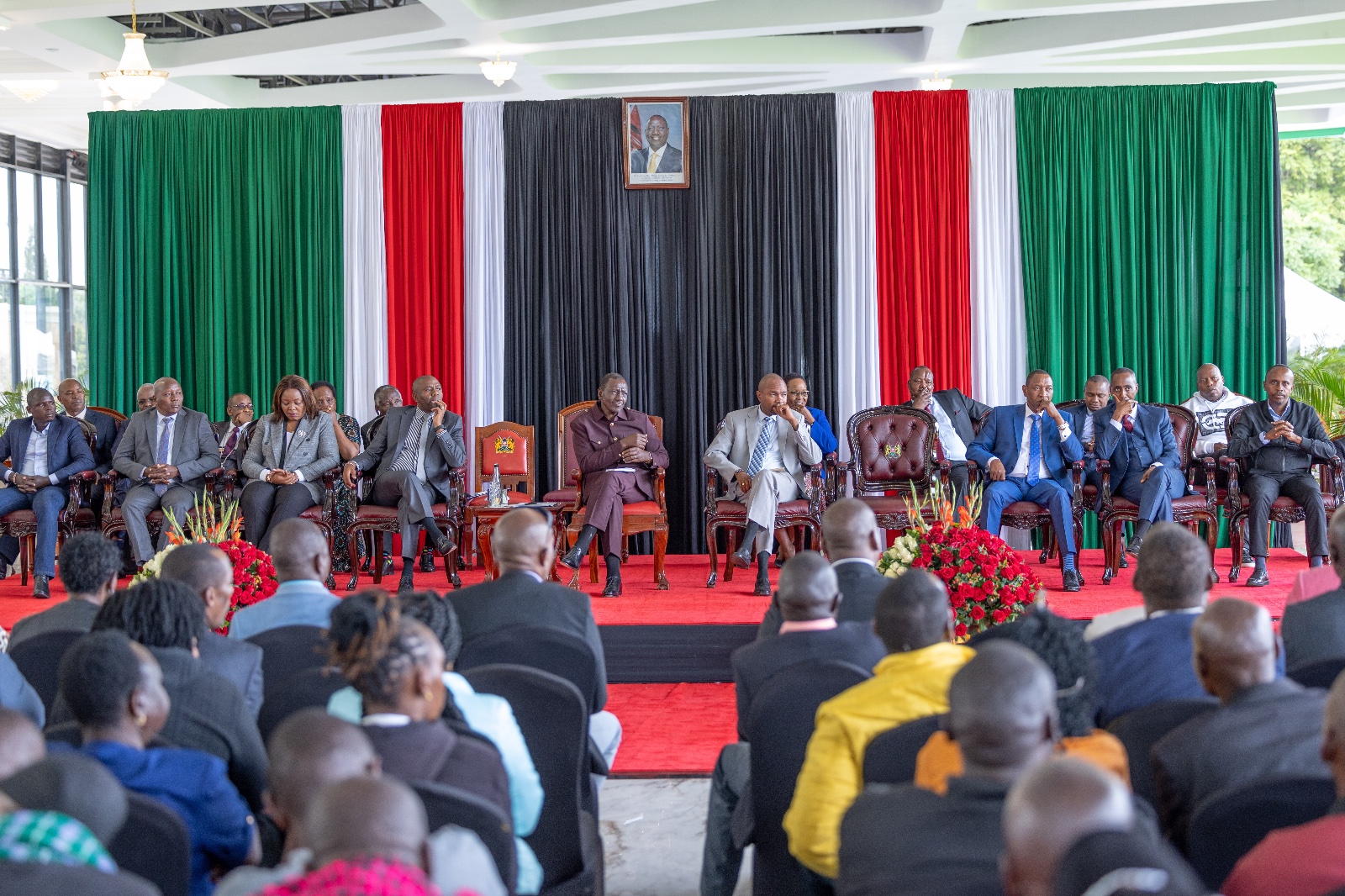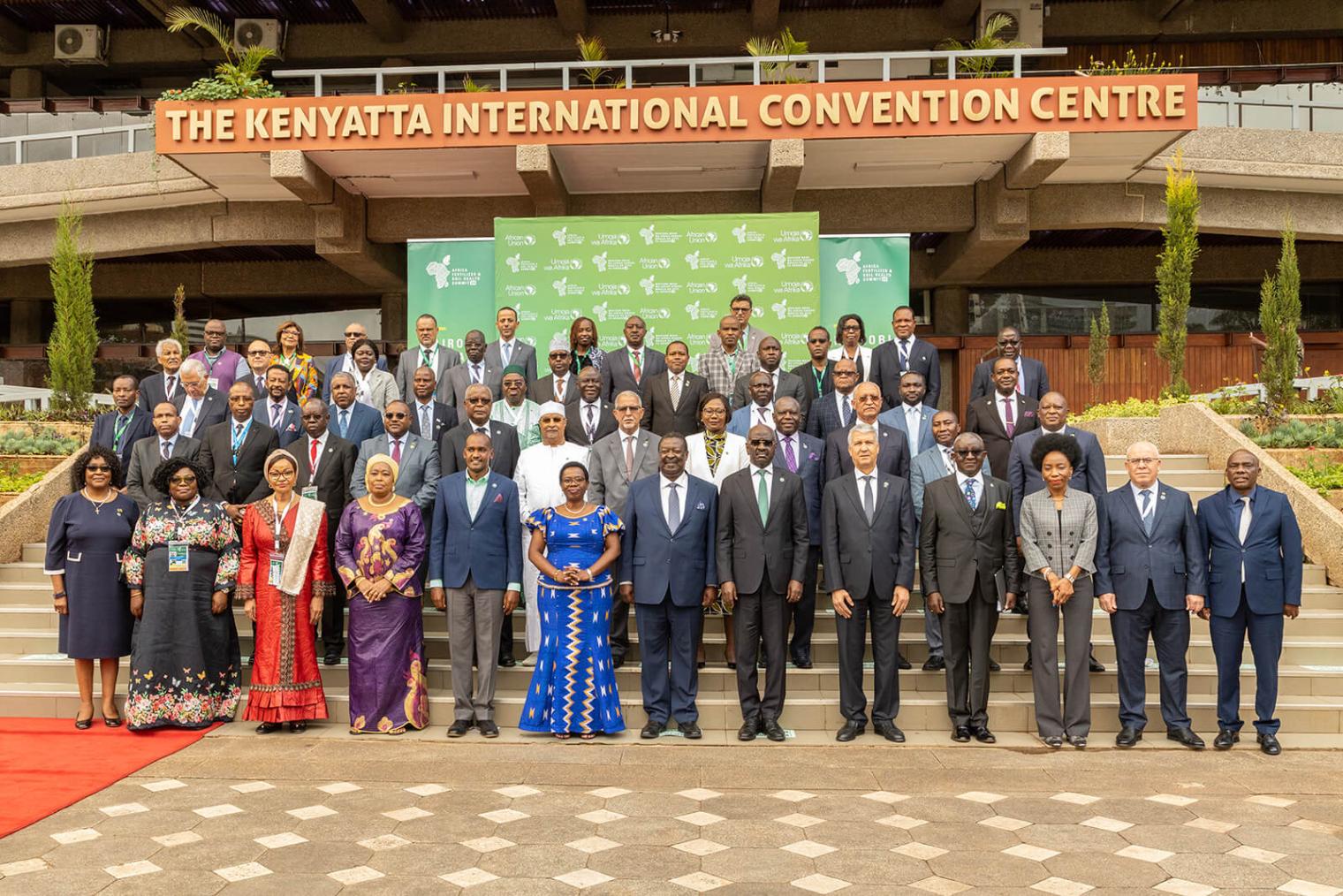Forestry enthusiasts in Kenya have reason to celebrate as Japan International Cooperation Agency (JICA) reaffirms its commitment to bolstering the nation’s forestry sector. A high-level delegation from JICA, led by Mr. Masaru Kurimoto, recently met with Mr. Gitonga Mugambi, the Principal Secretary for Forestry, at the Ministry’s headquarters. The discussions centered on the implementation of JICA-supported programs in Kenya’s forestry sector, with a particular focus on the “Strengthening Forestry Sector Development and Community Resilience to Climate Change” (SFS-CORECC) project.
Launched in 2022, the SFS-CORECC project aims to fortify the policy and implementation capacity of both central and local governments in Kenya. Additionally, it strives to increase tree cover by supporting commercial forestry activities. This project aligns with Kenya’s efforts to combat deforestation, enhance conservation, and mitigate the effects of climate change.
Japan has been a vital partner in Kenya’s forestry journey since 1985. Over the years, this collaboration has laid the foundation for forestry development and promoted social forestry among local communities. Furthermore, it has facilitated training opportunities in third countries, contributing to knowledge exchange and capacity building within the forestry sector.
The benefits of Japan’s continued support are far-reaching. Kenyans can expect several positive outcomes from the SFS-CORECC project and Japan’s long-standing commitment to forestry development:
- Increased Tree Cover: The SFS-CORECC project’s objective to boost tree cover aligns with Kenya’s goals for sustainable environmental management. A greener landscape offers numerous advantages, including improved air quality, enhanced biodiversity, and carbon sequestration to mitigate climate change.
- Policy Strengthening: By enhancing the policy and implementation capacity of government bodies, this project can lead to more effective and responsive forestry governance. Robust policies and strategies are crucial for managing and conserving Kenya’s diverse forest ecosystems.
- Community Resilience: Strengthening the forestry sector can directly benefit local communities. By supporting commercial forestry, the project provides opportunities for income generation and employment within these communities.
- Environmental Resilience: Healthy forests contribute to environmental resilience, helping Kenya adapt to climate change impacts such as increased temperatures and changing precipitation patterns. Forests act as natural buffers against extreme weather events and soil erosion.
- Knowledge Sharing: Japan’s continued collaboration with Kenya facilitates knowledge sharing and technical expertise. This exchange of ideas and best practices can foster innovation and sustainable forestry management.
The meeting between Mr. Kurimoto and Mr. Mugambi, joined by senior technical officers from the Directorate of Forest Conservation, underscores the significance of international partnerships in advancing Kenya’s forestry sector. With Japan’s unwavering support, Kenya is on track to strengthen its forest resources, combat climate change, and improve the livelihoods of its citizens through sustainable forestry practices. The future looks greener and more promising for Kenya’s forests and its people.






